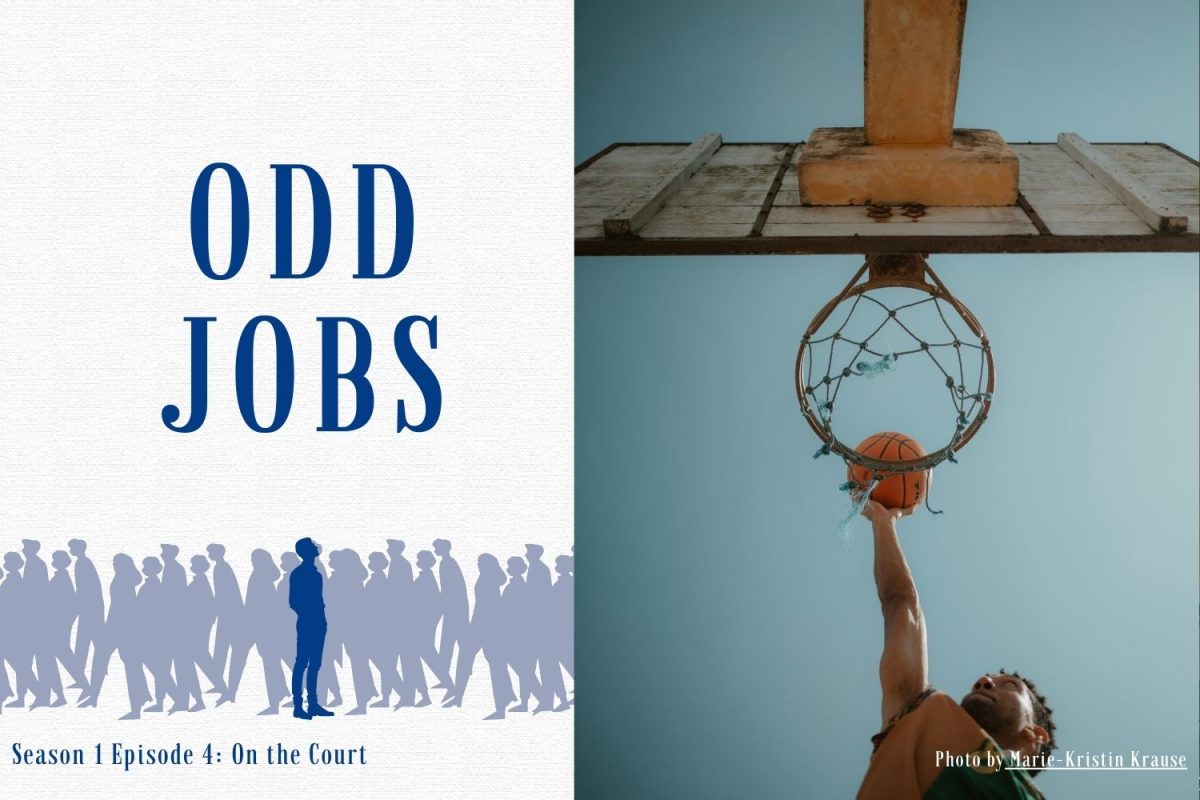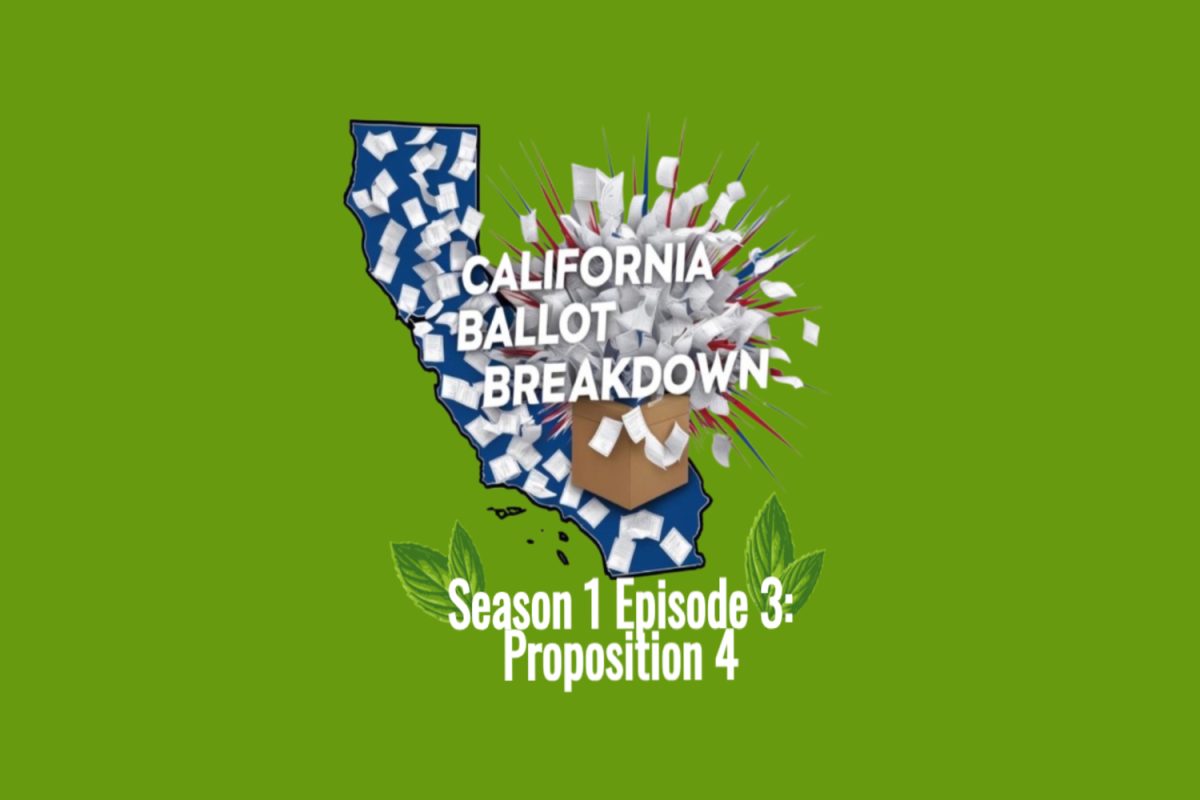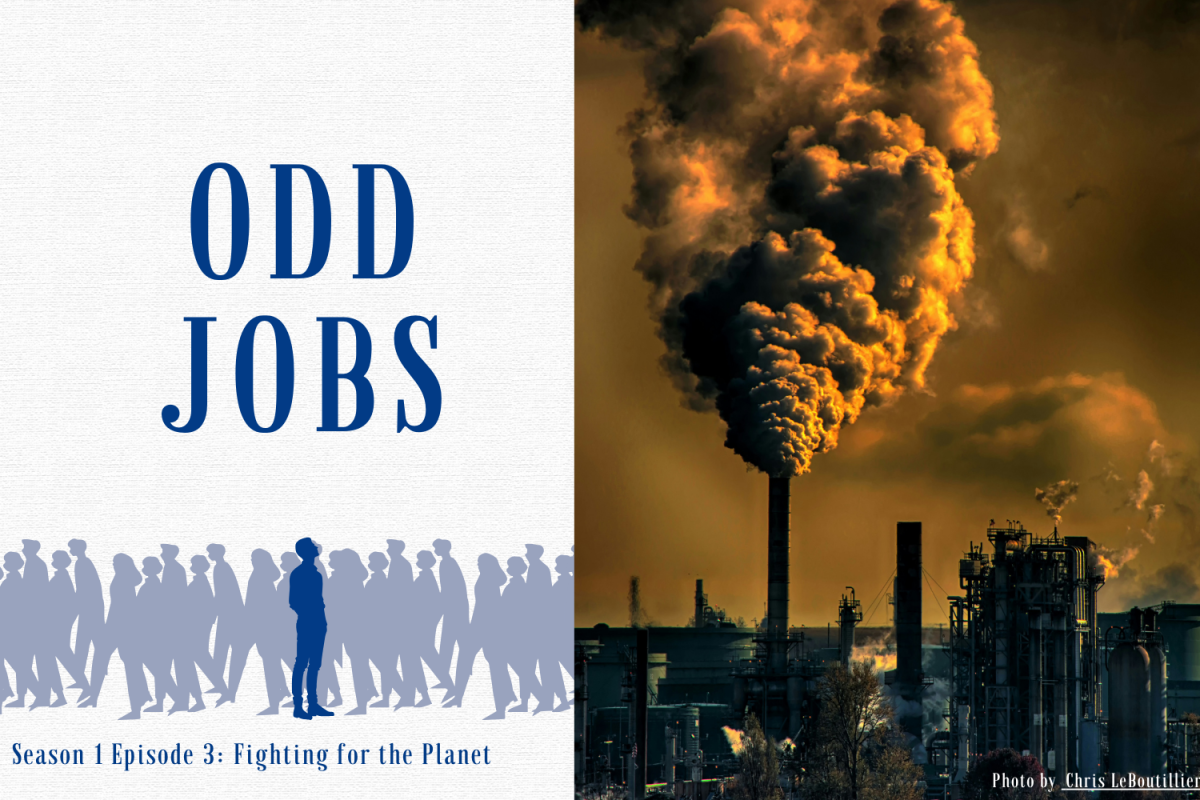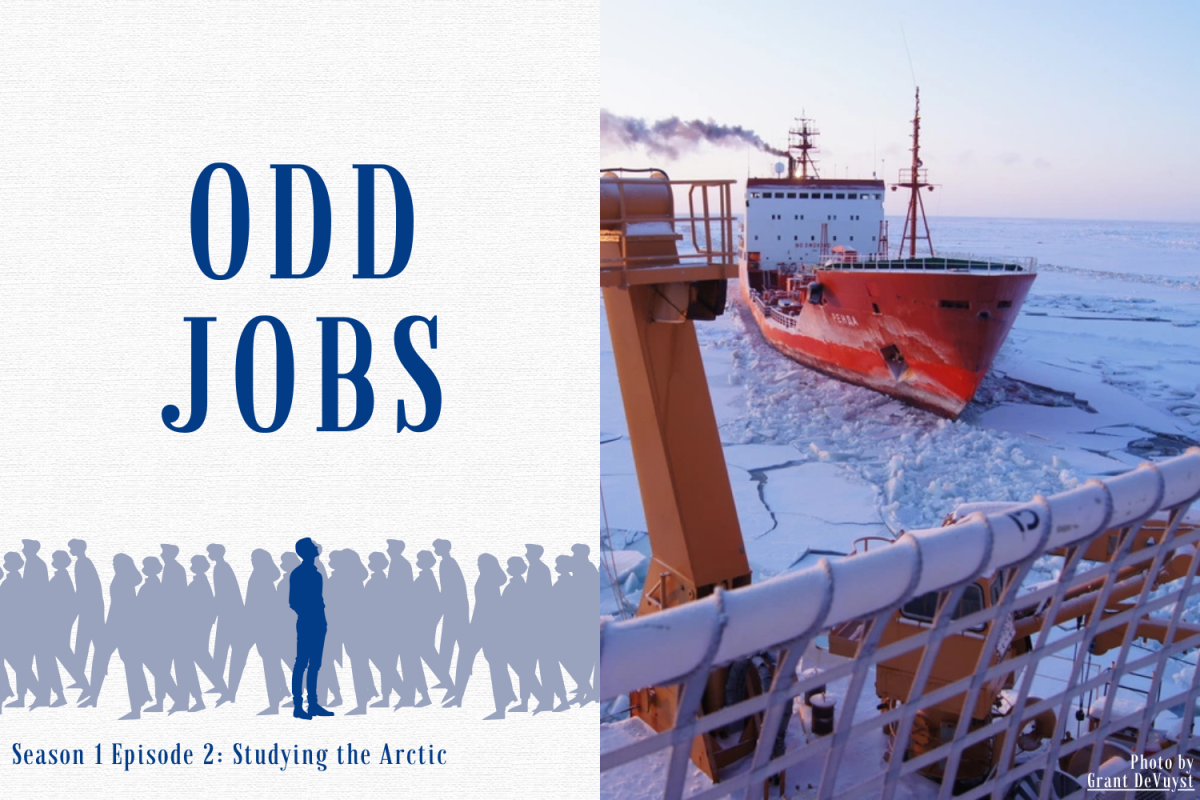California’s Proposition 32 generated significant debate about how to balance workers’ rights and business interests. In this episode, Ethan Ty breaks down the key provisions of the proposition, which aimed to raise California’s minimum wage to $18 per hour over two years. The measure’s impact on businesses, workers, and the state’s economy is explored in detail, along with the broader context of ongoing wage policy debates in the state.
Ty dives into the fiscal and social implications of Prop 32, drawing on insights from sources like the UC Berkeley Labor Center and Economic Policy Institute. While supporters of the proposition argue that raising wages would reduce poverty and stimulate economic growth, opponents warn that it could lead to job losses, business closures, and increased automation. With small businesses raising concerns about the potential costs, Ty also examines the role of automation and how businesses might adjust to the proposed wage hike.
In this second episode, Ty discusses the perspectives of both sides, emphasizing how Prop 32 highlighted the critical issue of wage policy in California and set the stage for future discussions on balancing social equity and economic growth.
Music: ’44th Street’ by Apple Inc., from the iMovie music library.











